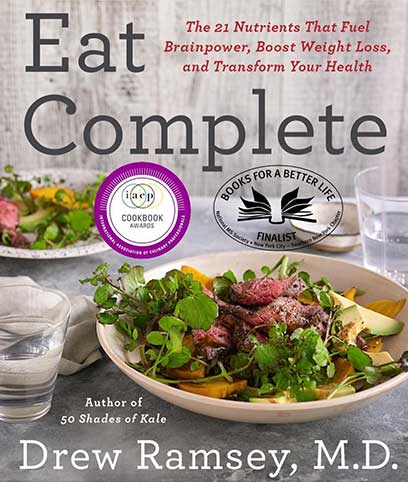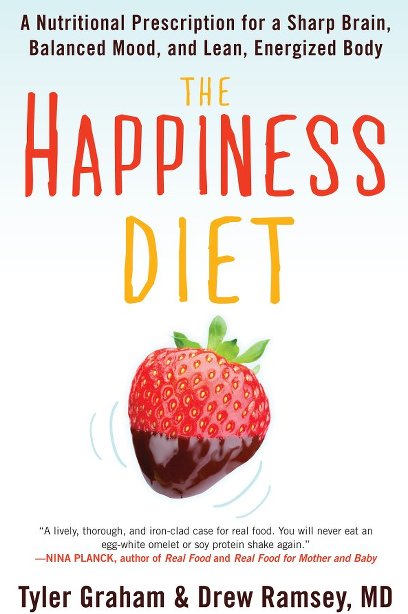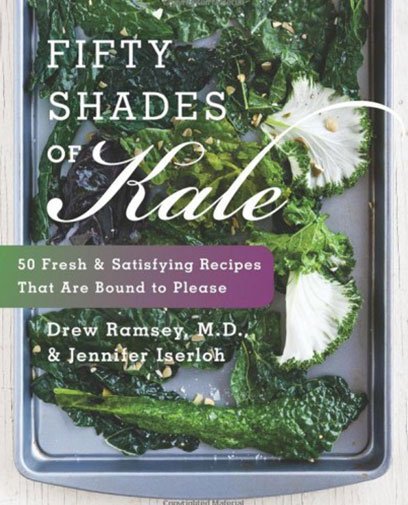Nobody likes a fake, but that is just what industrial trans fats are. Fake.
Their chemical structure isn’t quite like anything found in nature. You should care about trans fats because eating them increases your risk of heart disease and depression or of needing an antidepressant medication. I was thrilled when I learned of this study. We’ve known since 2006 that they are clearly bad for heart health and, as heart disease and brain disease are often linked in patients, I was suspicious of trans fats and their role in brain health.
To make vegetable oils more solid, they are heated to over 500 degrees and infused with hydrogen in the presence of a metal. Voila! Partially hydrogenated oils that brought the killer trans fats into our diet. The average American eats about 6 grams of these a day, yet researchers at Harvard estimate that eliminating them from the US food supply would prevent 200,000 heart attacks every year in the US.
Less reported is the link between trans fat and depression. Published in Feb 2011, a study entitled “Dietary Fat Intake and the Risk of Depression: the SUN Project” nicely connects these industrial fats and depression: those who ate the most trans fats were 42 percent more likely to get depressed. The results were also linear, which meant that even eating lower levels of trans fat increased a person’s risk. An inverse relationship, meaning a lower risk of getting depression, was detected for monounsaturated fats (omega-9s), olive oil, and polyunsaturated fats like the omega-3s.
The SUN project is the same data set that linked the Mediterranean dietary pattern to a lower risk of depression. It has the markings of data I like — it is prospective, follows a good-sized population (12, 059 Spanish university graduates with an average age of 37.5 years), and follows them for a while (an average of 6.1 years).
It is important to note that both a depression diagnosis by a physician and the use of an antidepressant medication were used as endpoints. Antidepressant medications are prescribed for a host of brain disorders – generalized anxiety, OCD, PTSD, minor depressions. So I think that endpoint could be used as a possible measure of a diet’s influence on many brain disorders for which antidepressants are used, not just depression. It’s another good piece of data that supports the gospel: diets with the right kind of fats could help brain health and decrease your risk of depression, anxiety, irritability, “the blues,” and dementia.
Are the results so surprising? No. The scary workings of industrial fats on our brain (and heart) health are a clear indication that we need to stay away from processed food. If you feel reassured by “zero trans fats” labels don’t be. Anything under 0.5 grams per serving can be labeled as zero.








